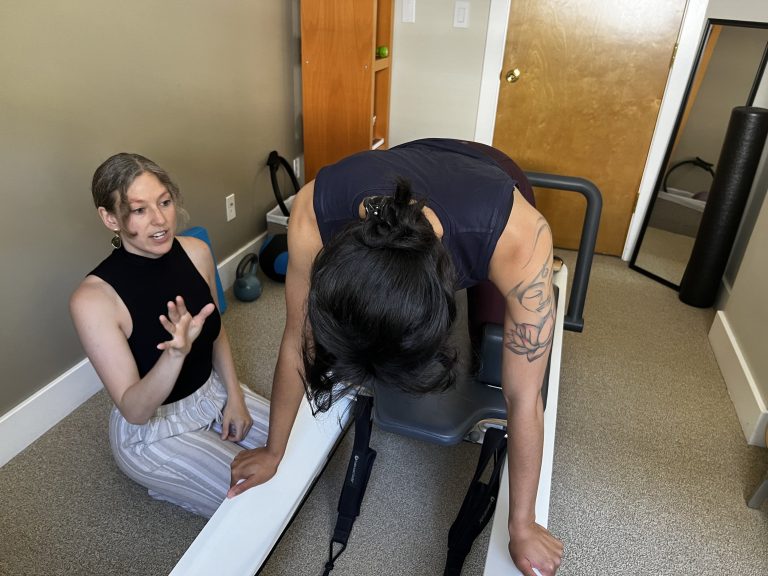
Traditional and alternative medicine involve practices that are not proven by scientific testing. The evidence for most is limited and often comes from testimonials, anecdotes, religion, tradition, superstition, belief in supernatural “energies,” errors in reasoning or quackery.
Nonetheless, some simple home remedies have been shown to work. These include: herbal medicines, ayurvedic treatments and meditation.
1. Herbal Medicines
Herbal medicines are derived from plants and plant parts. They are widely used as herbal remedies worldwide. Many people use them to boost energy, relax, or lose weight. However, they can be toxic if not taken correctly or if mixed with other medications. They also may not be properly regulated or tested for safety and quality, and their labeling may be misleading (WHO, 2002b).
Herbal medicine practitioners believe that the body can heal itself if given the right conditions. They also believe that the effect of a plant is greater than its individual ingredients. For example, the herb meadowsweet contains salicylic acid that helps relieve pain from boils. It also has other compounds that prevent stomach lining irritation caused by the acid. Therefore, meadowsweet is used as an alternative to aspirin.
2. Ayurveda
Ayurveda is one of the world’s oldest holistic healing systems. Its practitioners use herbs, special diets, and unique practices to promote a sense of well-being.
Ayuvedic practices may help with conditions like rheumatoid arthritis and dandruff. For instance, fenugreek seeds have been known to reduce dandruff and soothe itchy scalps. But not much clinical research has been done on ayurvedic remedies.
If you’re interested in trying ayurvedic therapies, it’s best to get guidance from integrative medicine doctors or certified ayurvedic practitioners. These experts can explain the benefits and risks of ayurvedic remedies. Most pose few risks, but some herbs can interact with medications or cause side effects. It’s also important to know whether ayurvedic practices are safe for people with mental health issues. The lion’s share of ayurvedic practices, however, focus on prevention and self-care and are considered very safe.
3. Exercise
Many home remedies are actually backed by scientific research. If you’re suffering from a common headache or stomach issue, don’t be quick to reach for medication — your body may simply be trying to tell you that it needs a little extra help.
Natural therapies often offer a holistic approach that encourages lifestyle changes and self-care practices. Moreover, they have less side effects than traditional medicines. As a result, they are becoming a preferred option for individuals seeking to avoid drug side effects and to boost their overall well-being.
4. Meditation
For generations, women have whipped up homemade remedies to soothe colds, stomachaches and other ills. Often these home remedies aren’t just old wives tales: some do actually work.
Meditation is a mind-body technique that involves focusing the attention and relaxing the body. It may be used alone or as part of a holistic treatment. It is also an important component of a number of religious practices including Buddhism, Hinduism and Taoism.
A growing body of research supports the health benefits of meditation. These include reduced symptoms of anxiety, depression and gastrointestinal conditions. It may also reduce the risk of heart disease and improve sleep and concentration. However, some trials of the effects of meditation have been flawed by the use of non-specific active control groups, recruitment of favourably predisposed subjects and inadequate analysis of data due to high attrition.
5. Sleep
For generations, women have performed mini medical miracles with home remedies for minor ailments. Many of these remedies are simple to use, effective and have few side effects.
People who seek alternative solutions often want to reduce their reliance on pharmaceuticals and invasive medical procedures. They are interested in natural solutions that offer a variety of benefits, including increased energy and a sense of personal empowerment.
Researchers have found that sleep has a powerful impact on the immune system, which is responsible for protecting us from disease. According to a 2015 study in the journal Sleep, people who get adequate amounts of sleep are less likely to get sick and are more resilient when they do get sick. This is because the body clears cellular debris and inflammatory responses during sleep.







